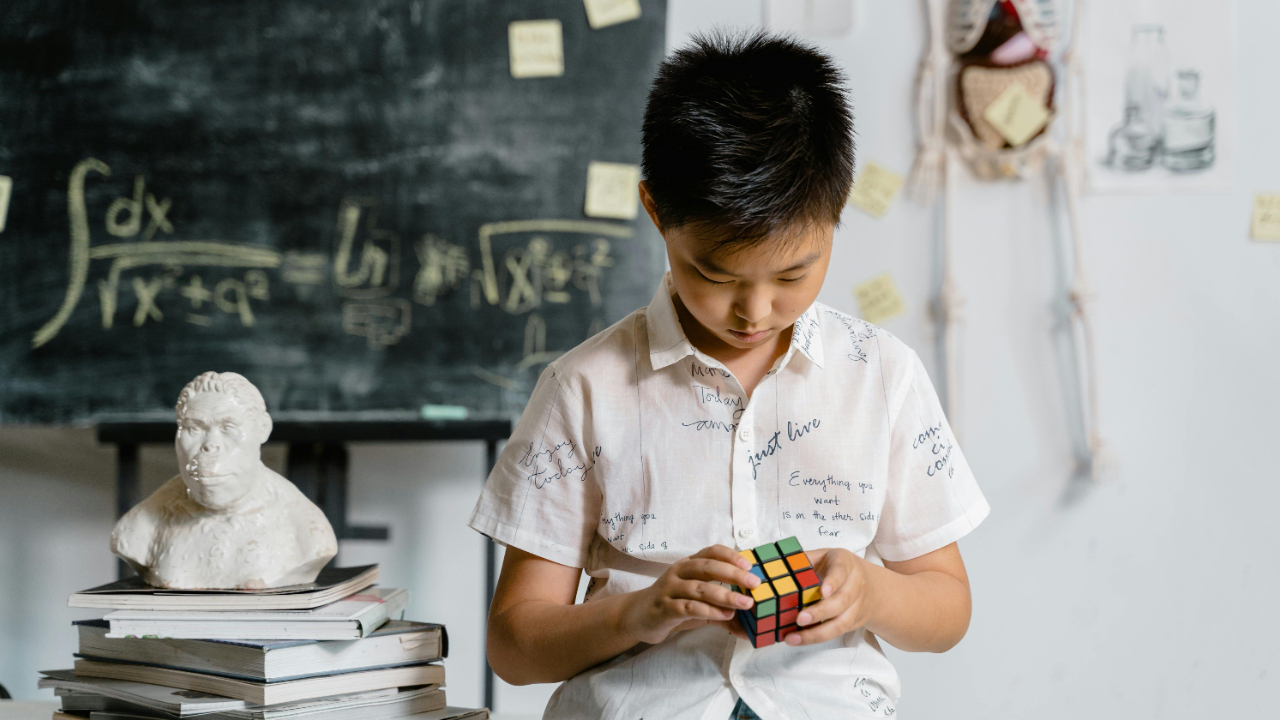The True Definition of Giftedness and How to Support a Gifted Child
Jul 12, 2025
What Is the True Definition of Giftedness?
Most people picture a gifted child who reads early and aces tests. Yet the true definition of giftedness is wider. It includes talents that books and grades cannot show. Many gifted children go unnoticed because they don’t fit the usual mold of success.
Giftedness is not just about what happens in the classroom. It’s about how a child thinks, feels, and creates in the world around them.
Giftedness Beyond IQ and Grades
For years, schools used IQ scores to spot gifted kids. Those tests measure logic, math, and language. They do not measure music, art, or social skills. Because of that gap, many gifted learners stay hidden.
A child may struggle with spelling but paint lifelike portraits. Another might have trouble sitting still, but solve puzzles in seconds. These kids are still gifted, even if their report cards don’t show it.
Signs of Giftedness Beyond Academics
Experts like Dr. Howard Gardner introduced the idea of multiple intelligences. A child may feel rhythms, see shapes in space, or solve people problems with ease. Another expert, Dr. Robert Sternberg, explains that intelligence is more than being good at school. Sternberg adds creative and practical smarts. These gifts matter just as much as reading speed.
Look for signs like curiosity, humor, empathy, or strong opinions. These traits are just as important as academic skills when defining giftedness. Parents often notice them before teachers do.
Emotional Growth and Asynchronous Development
Gifted children often grow unevenly. Their minds race ahead while feelings lag behind. Big words may mix with big tears. This asynchronous pattern can puzzle adults, yet it is common among gifted kids.
They might speak like a mini adult but melt down over small changes. This mismatch can lead to frustration at home and school. Understanding it helps reduce confusion and mislabeling.
How to Support a Gifted Child at Home and School
Listen first. Notice what lights them up, even if it's skate ramps or bird calls. Let their interests guide enrichment.
Talk to teachers. Share strengths and ask for deeper or faster work when needed. Bring up concerns early so teachers can make adjustments.
Offer choice. Let the child pick projects that stretch their best skills. This gives them a sense of control and pride.
Teach coping tools. Simple breathing or journaling helps manage strong feelings. Many gifted kids feel emotions deeply.
Celebrate effort. Praise the process, not only the product. Growth mindset works especially well for perfectionistic or anxious learners.
In short, the true definition of giftedness reaches far beyond straight-A report cards. It covers creativity, empathy, movement, and real-world problem solving. When adults see the whole picture, every gifted child can grow into their many strengths.
Want to dive deeper into this topic? Join The Compass Method and you’ll get a clear, step-by-step plan to confidently advocate for the school support your gifted child needs and deserves.